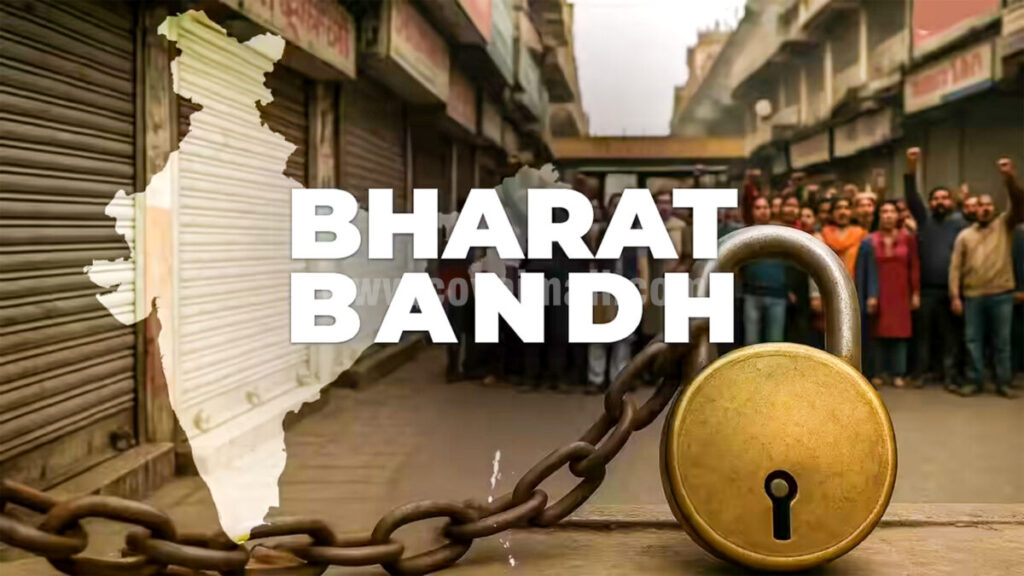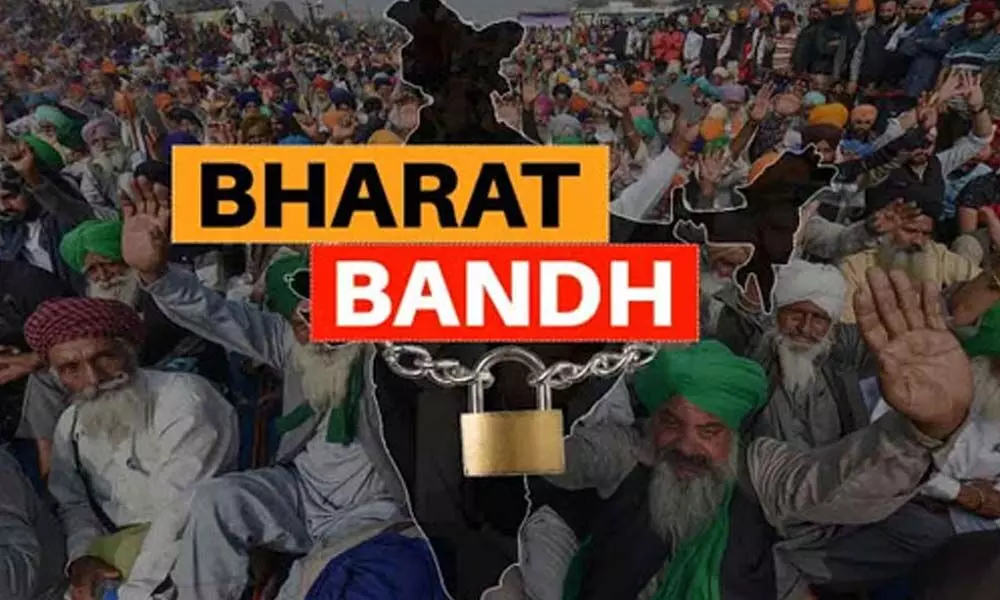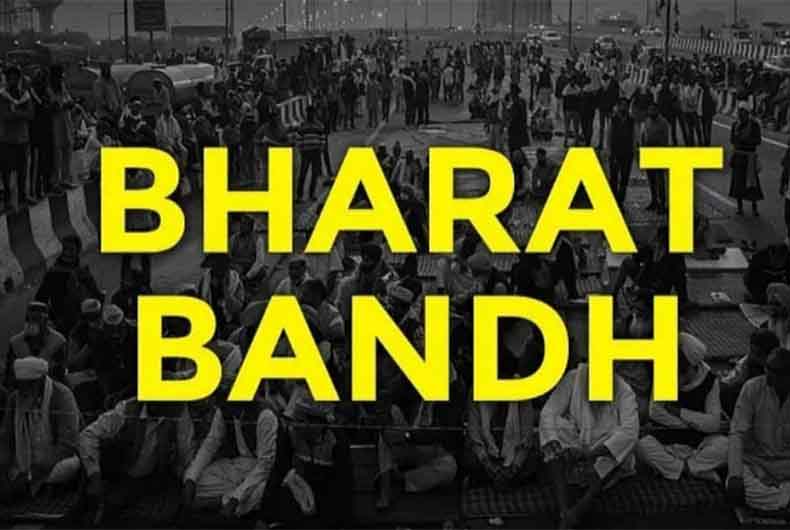Summary:
A massive nationwide strike is set to hit India on Wednesday, July 9, 2025, as over 25 crore workers, along with farmers’ groups, prepare for a Bharat Bandh. This call to action has been issued by a coalition of 10 central trade unions protesting what they describe as the Union government’s “anti-worker, anti-farmer, and pro-corporate” reforms. From banking and transport to coal mining and postal services, several critical sectors are expected to be severely impacted.

Why the Bandh?
The core issue driving this strike is the implementation of four new labour codes introduced by the BJP-led central government. Trade unions argue that these new codes are designed to dilute worker rights, extend working hours, restrict unionisation, and undermine the right to strike. The unions allege that these reforms are being rolled out without sufficient dialogue with labour representatives and are being pushed under the guise of improving the “ease of doing business.”
Moreover, farmers’ groups have thrown their support behind the bandh, pointing to increasing privatisation of public services and the erosion of agricultural protections.
Who Is Leading the Protest?
The bandh is backed by a wide alliance of 10 powerful trade unions, which include:
All India Trade Union Congress (AITUC)
Indian National Trade Union Congress (INTUC)
Centre of Indian Trade Unions (CITU)
Hind Mazdoor Sabha (HMS)
All India United Trade Union Centre (AIUTUC)
Self-Employed Women’s Association (SEWA)
All India Central Council of Trade Unions (AICCTU)
Trade Union Coordination Centre (TUCC)
Labour Progressive Federation (LPF)
United Trade Union Congress (UTUC)
These unions represent a wide cross-section of workers — from industrial labourers and public sector employees to self-employed women and contract workers.
What Are Their Demands?
The striking workers and unions have submitted a 17-point charter of demands to Union Labour Minister Mansukh Mandaviya, which reportedly remains unanswered. The major demands include:
Immediate withdrawal of the four labour codes
Guarantee of minimum wage for all workers
Universal social security coverage
End to contract-based employment; push for permanent jobs
Ban on privatisation of public sector undertakings (PSUs)
Revival of the Indian Labour Conference, not held for over 10 years
Increased investment in public health, education, and social welfare
The unions believe that ignoring these demands further exposes the government’s disregard for inclusive policymaking, and the strike is aimed at forcing a national conversation around workers’ rights and public welfare.

Sectors Likely to Be Disrupted
The strike is expected to cripple essential and core services across India. The affected sectors include:
Banking – Services in both public and private sector banks may be hit.
Postal Services – Operations across major cities and rural areas are expected to slow down.
Coal Mining – Workers in energy production and mining have pledged support.
Factories and Manufacturing Units – Several units are expected to shut down temporarily.
Public Transport – State transport services in many regions, including buses, may be halted or slowed due to driver and support staff participation.
This level of mobilisation could bring widespread disruptions, especially in urban and industrial hubs.
Statements from Union Leaders
Amarjeet Kaur, General Secretary of AITUC, stated that more than 25 crore workers — including those from informal sectors and rural areas — are expected to participate. She emphasized the importance of solidarity between workers and farmers, calling the strike a united stand against corporate-friendly governance.
Harbhajan Singh Sidhu of Hind Mazdoor Sabha noted that public services, from banks to transport, will be severely affected. He criticized the government for failing to consult stakeholders and for prioritising private corporates over working-class interests.
Government’s Stand – Tamil Nadu Issues Warning
The Tamil Nadu government has taken a firm stance against the bandh. A circular issued by Chief Secretary Muruganandam on Tuesday, July 8, warned that government employees participating in the protest could face strict disciplinary action. They may be prosecuted under Sections 20, 22, and 22-A of the Tamil Nadu Government Servants’ Conduct Rules, 1973, which govern employee conduct and prohibit disruptions to administrative functioning.
This warning indicates potential clashes between state machinery and protestors, especially in southern states where trade unions have historically had strong bases.

Larger Political Context
The Bharat Bandh isn’t just about labour laws. It has also become a symbolic protest against the growing centralisation of economic power, the neglect of the agricultural sector, and the shrinking democratic space for collective bargaining. With elections approaching in several states and rising public discontent around employment and inflation, this bandh is being seen as a major political statement by the working class and marginalised sectors.
Critics argue that the government’s reform agenda favours large corporates at the cost of India’s poor and middle-class workforce. With no formal dialogue mechanism functional — including the Indian Labour Conference — unions feel they have no choice but to take to the streets.
Conclusion
The July 9 Bharat Bandh is set to be one of the largest organised strikes in recent years, uniting diverse groups of workers, trade unions, and farmers across the country. While it brings attention to critical issues like labour rights, privatisation, and income inequality, it also raises concerns about economic disruption and possible state backlash.
Whether this protest forces a shift in government policy or deepens the existing standoff remains to be seen. But one thing is certain: India’s workers are making their voices heard.